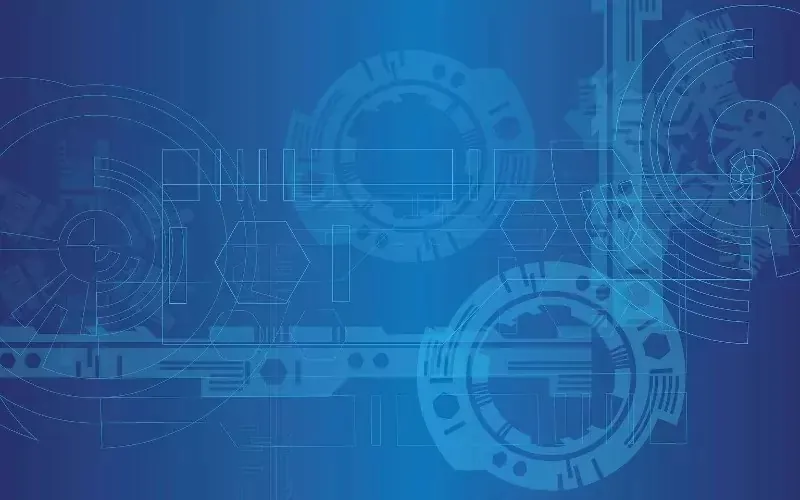In a significant move to bridge the gender gap in technology, over 1,000 women in the UK are set to receive free coding training. This initiative, facilitated by OVH and Code First: Girls, aims to transform the tech landscape by empowering women with essential programming skills.
The collaboration underscores a commitment to diversity and innovation within the tech industry. By equipping women with the tools to succeed in a predominantly male sector, the programme is helping to create a more inclusive environment.
Empowering Women Through Technology
In a groundbreaking initiative, more than 1,000 women across the United Kingdom are being offered free coding training, a move spearheaded by a partnership between OVH and Code First: Girls. This collaboration is rooted in a shared vision to increase female representation in the technology sector, which has been predominantly male-dominated. The programme is set to equip women with invaluable skills, fostering diversity and innovation within the industry.
The initiative is part of a broader commitment by OVH and Code First: Girls to train over 20,000 women by 2020. This significant leap forward is not only a testament to their dedication to social responsibility but also to addressing the stark gender gap in STEM fields. By offering 1,000 free coding slots, the partnership is laying the foundation for sustainable change.
Breaking the Gender Barrier
OVH has taken a proactive stance in tackling the gender imbalance within its workforce. Among those benefitting from the coding courses are 150 women from OVH’s own staff and partner networks. This effort is aimed at embedding diversity at its very core, enriching the company’s culture and enhancing its innovation capacity.
Statistics reveal a concerning narrative: only 7% of UK students taking computer science A-levels are female. This programme seeks to disrupt this imbalance by providing young women with the tools and confidence to pursue careers in technology.
Impact and Growth of Coding Courses
The Code First: Girls initiative has witnessed remarkable growth since the launch of the 20:20 Campaign in December 2017. The number of coding courses has surged by 70%, illustrating an increasing demand and interest among women to upskill and enter the tech industry.
This autumn alone, 90 courses are being run, reflecting the growing momentum and the success of the programme. OVH’s involvement has been critical, providing essential support and resources to expand the offering of free courses to young women.
Amali de Alwis, CEO of Code First: Girls, expressed her enthusiasm for the progress made, highlighting that 1,415 women have either completed or are currently participating in the training programmes. Her optimistic outlook underscores the potential for this partnership to transform the tech landscape.
The Role of Companies and Governments
Antoine Tison, Chief Human Resources Officer at OVH, emphasised the importance of corporate and governmental roles in addressing gender disparities in technology. He advocates for initiatives that change perceptions and open up tech careers to women.
The responsibility to foster inclusivity does not rest solely on the shoulders of the private sector. Government intervention is equally crucial in crafting and supporting policies that promote gender equality in tech education and employment.
Challenges and Opportunities Ahead
Despite the strides made, challenges remain in altering societal perceptions of the tech field as male-centric. The ongoing efforts by programmes like Code First: Girls and collaborations with companies like OVH are pivotal in shifting this narrative.
There’s an opportunity to redefine the tech sector as inclusive and diverse, encouraging more women to envision themselves as leaders and innovators. The commitment shown by these entities provides a pathway to achieving this vision.
Empowering women through coding not only addresses gender imbalance but also enriches the tech ecosystem with varied perspectives essential for innovation.
Testimonials and Positive Feedback
Feedback from participants in the coding programme has been overwhelmingly positive, with many highlighting the newfound confidence and skills acquired through the training. This personal growth is a key indicator of the programme’s success.
Participants have lauded the structure and content of the courses, which have been meticulously designed to cater to beginners and advanced learners alike. Such endorsements reinforce the value and impact of offering free, high-quality coding education.
Future Prospects
As the initiative continues to gain traction, the prospects for further expansion and collaboration look promising. The success of the current programme serves as a catalyst for similar future endeavours.
With ongoing support from industry leaders and government bodies, the momentum is set to accelerate, paving the way for more women to enter and excel in the tech industry.
The free coding initiative is a powerful step toward gender equality in technology. It demonstrates the potential of collaborative efforts to drive meaningful change.
The success of this programme could inspire more organisations to develop such initiatives, further fostering diversity and innovation within the tech sector.


